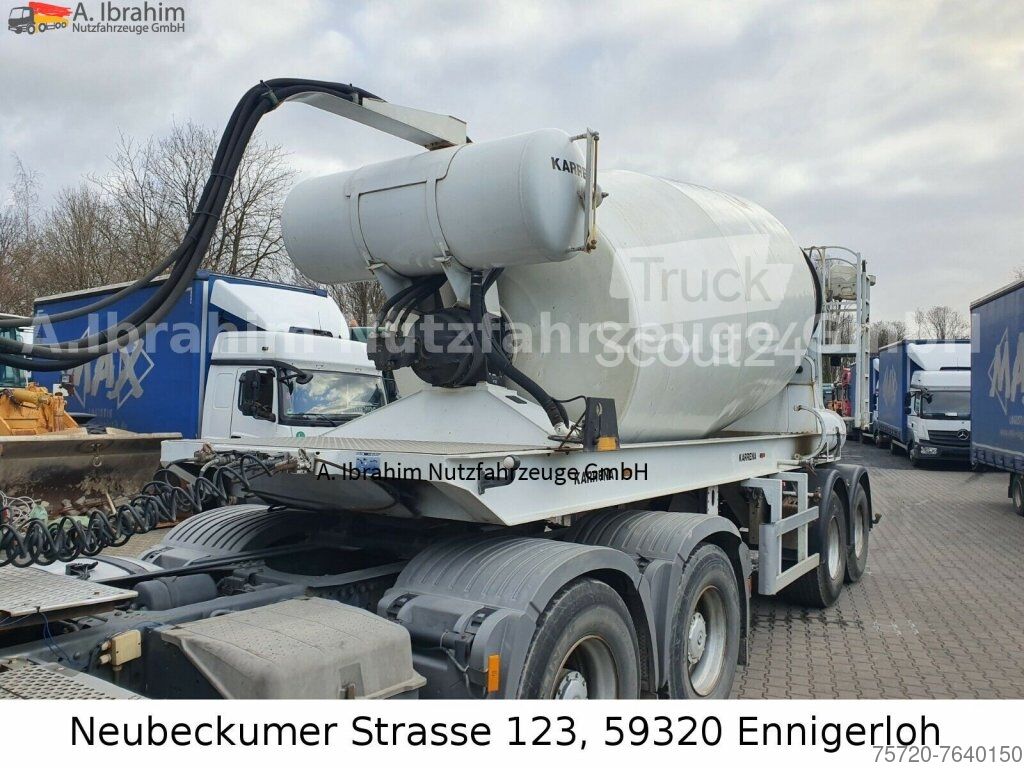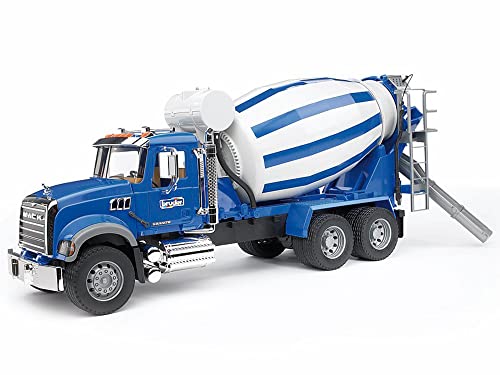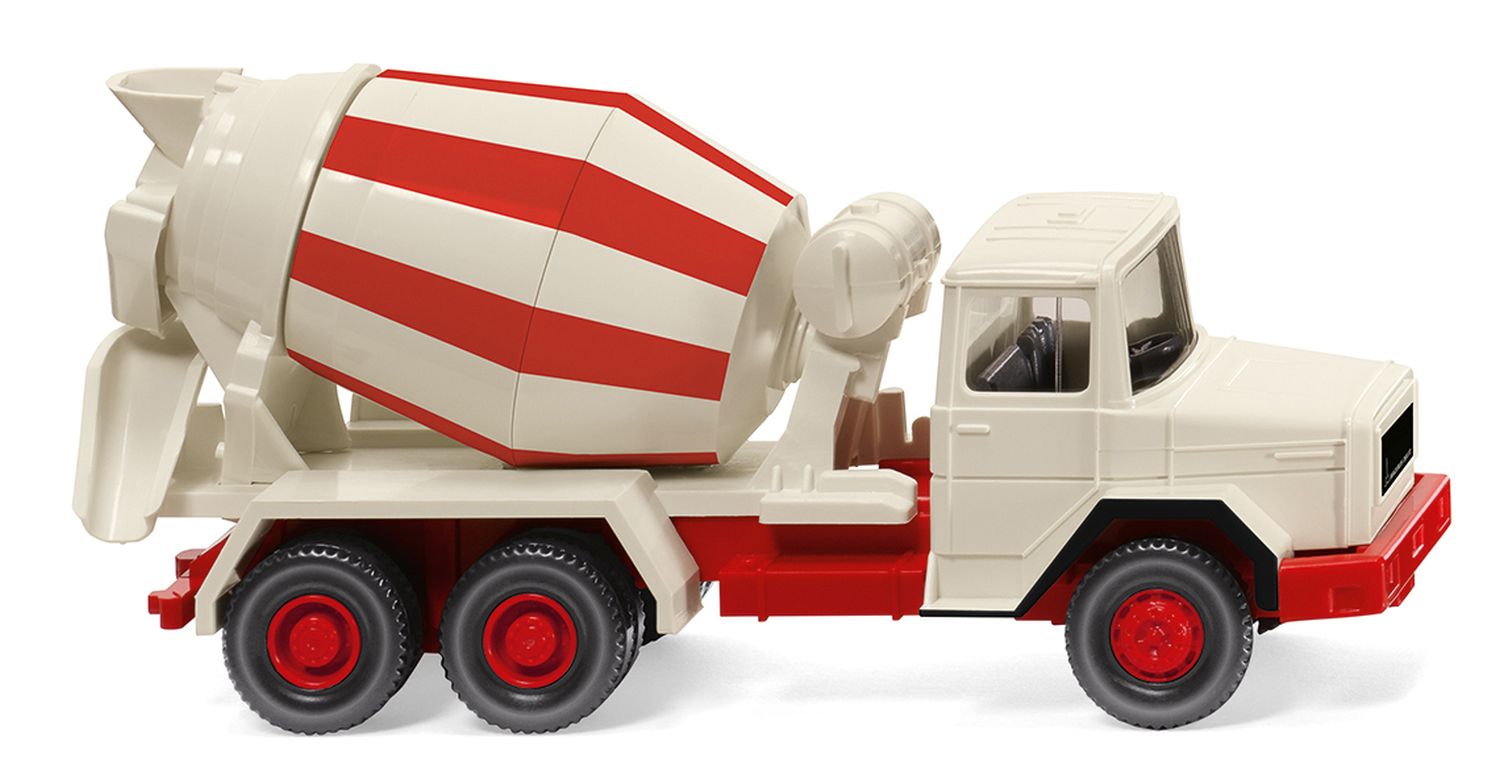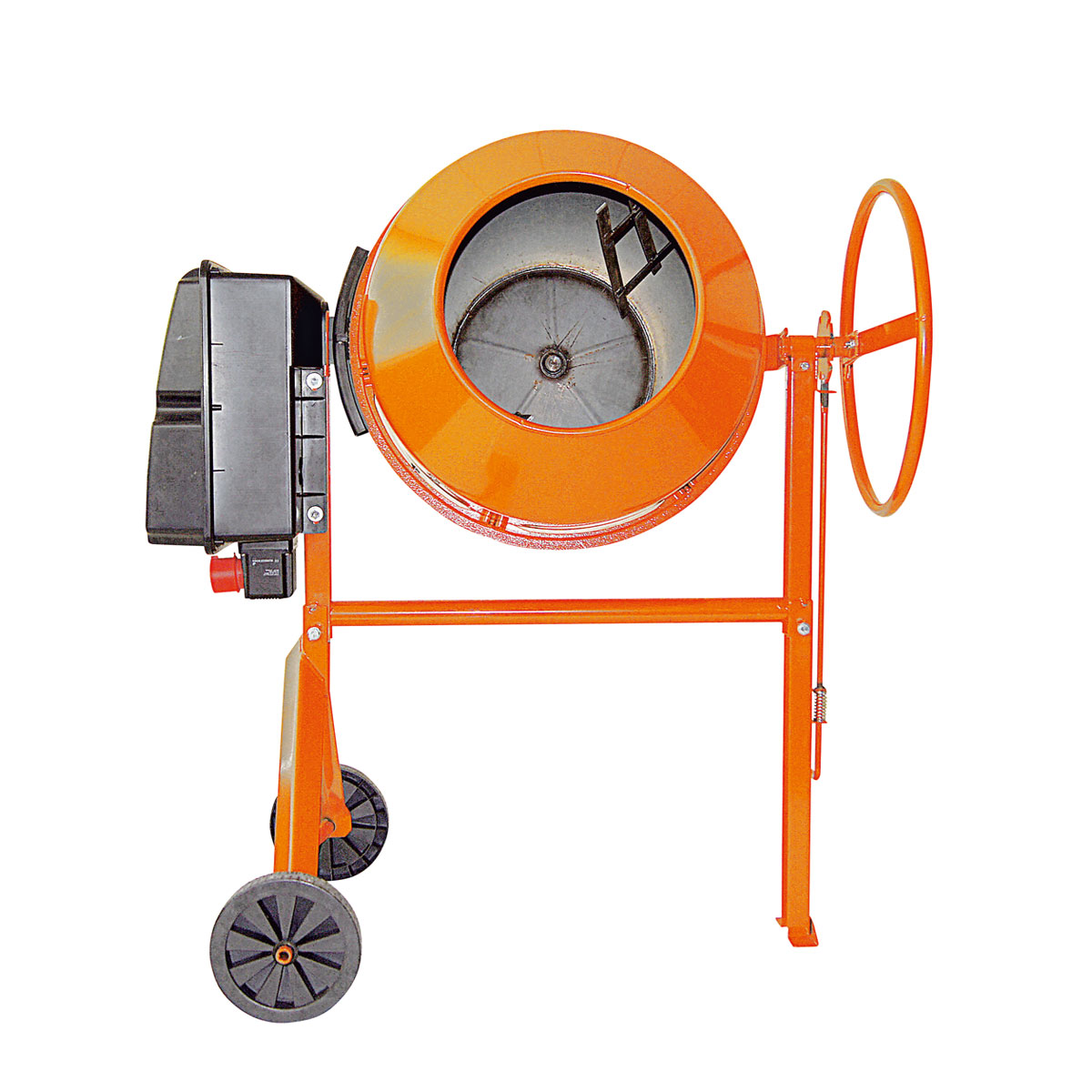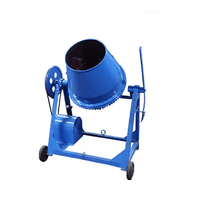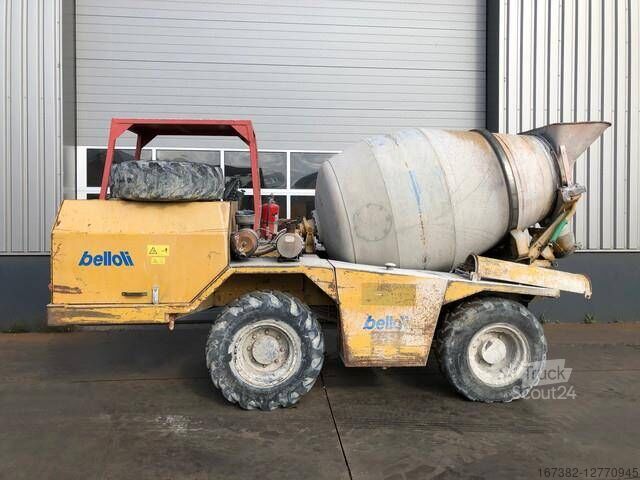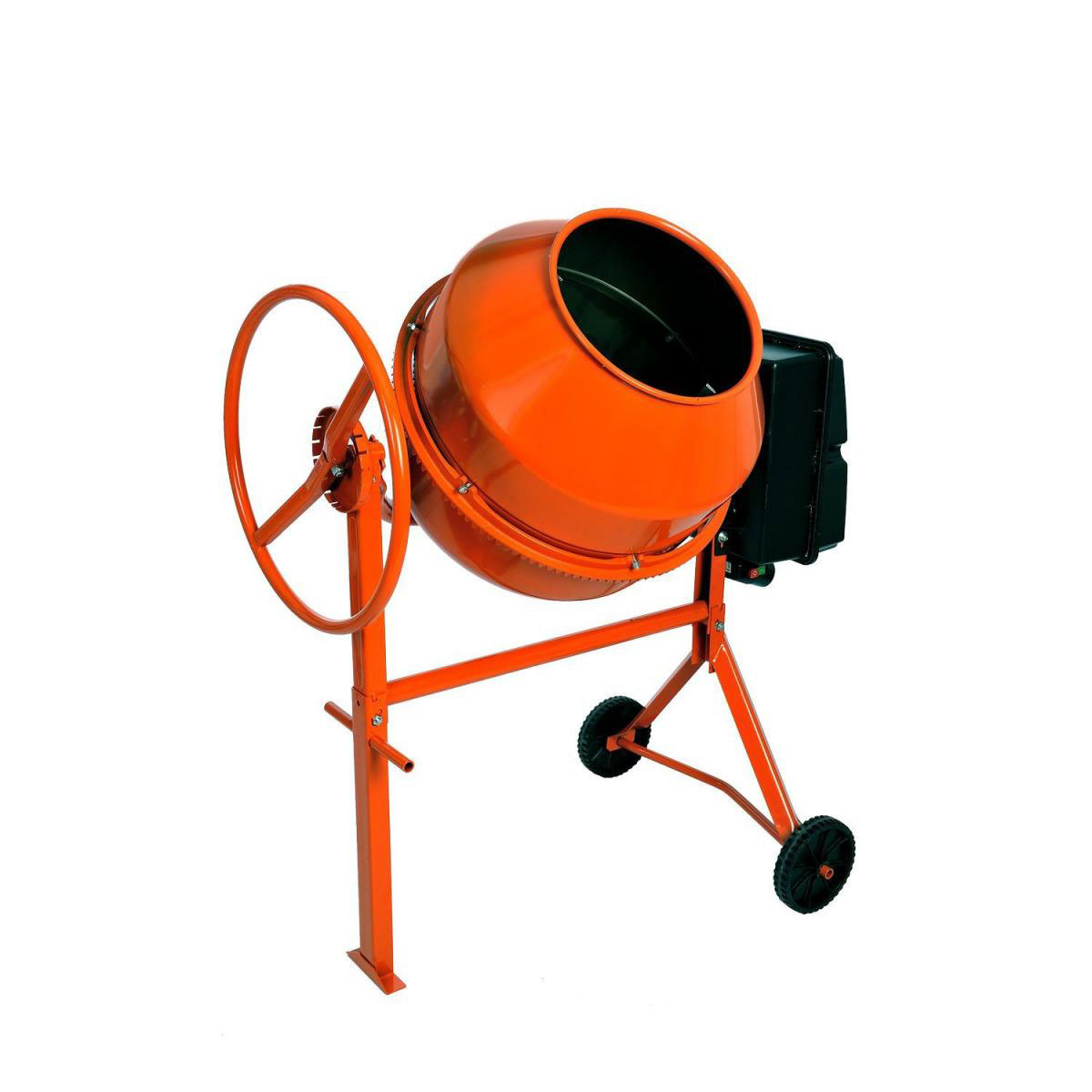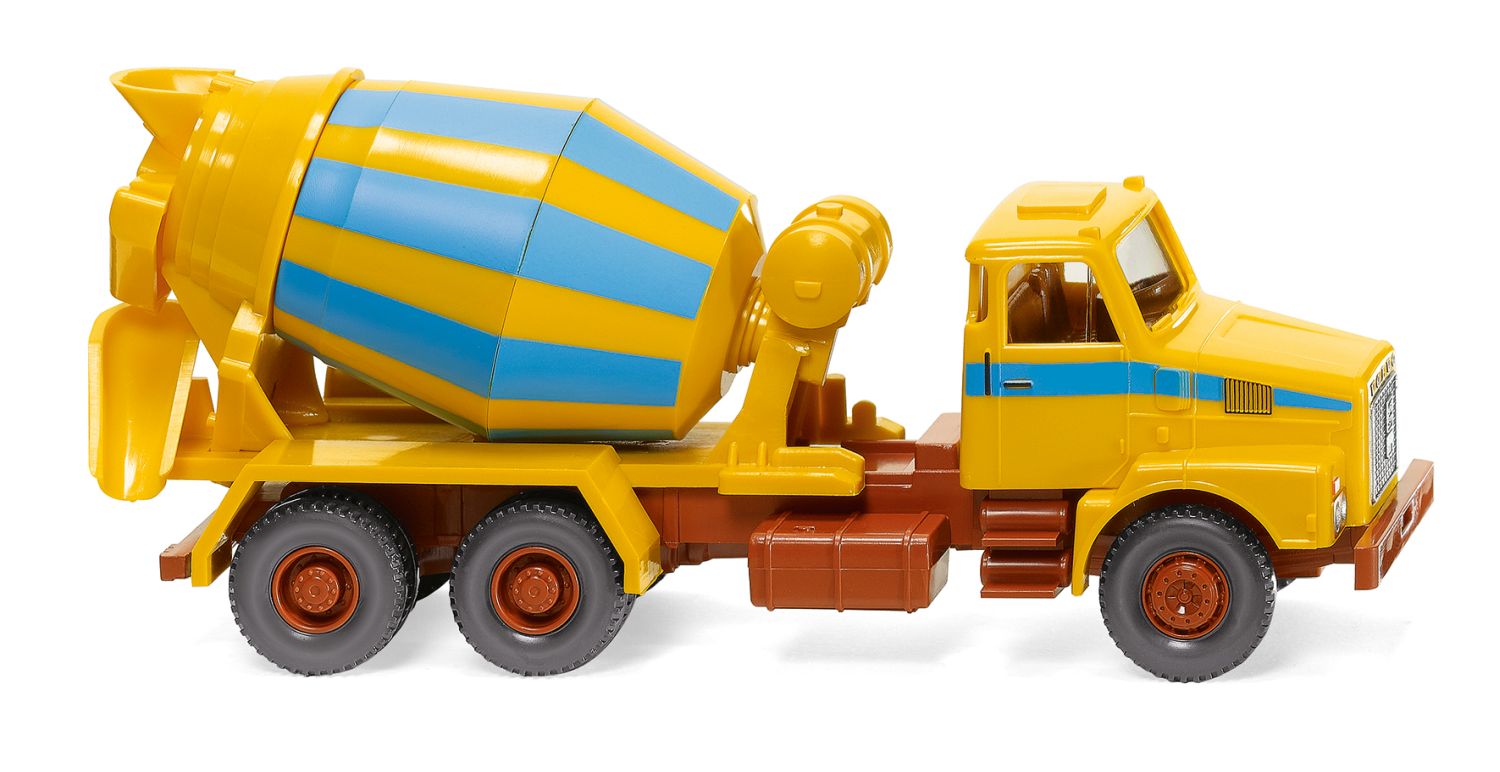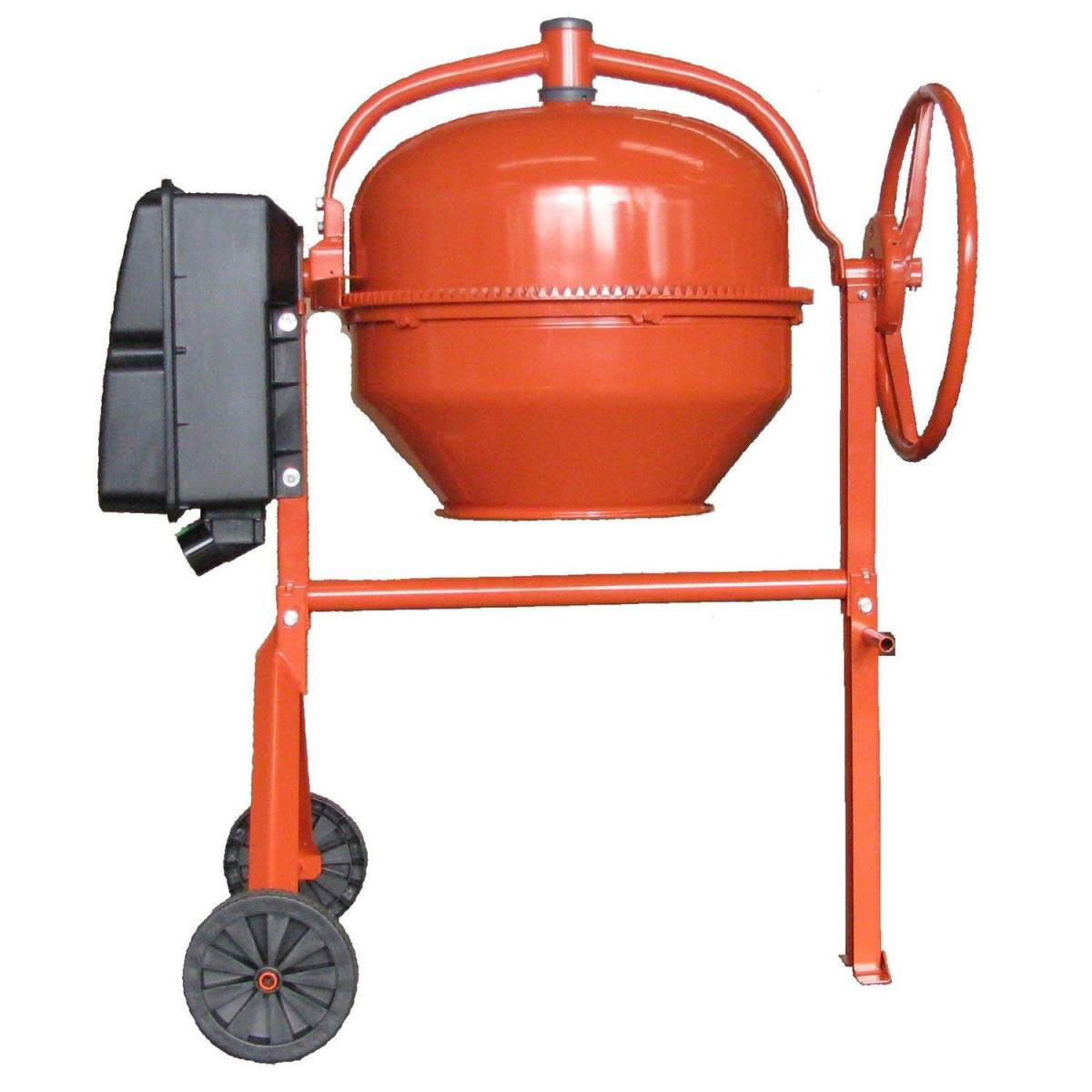
TIMBERTECH® Concrete Mixer - 140/70 L, 550W/220W, with Handwheel/Lever, 2 Wheels, Electric, Steel, Orange/Black - Mortar Mixer, Cement Mixer, Mixer, Concrete Mixing Machine (140 Litres) : Amazon.de: DIY & Tools

TIMBERTECH® Concrete Mixer - 140/70 L, 550W/220W, with Handwheel/Lever, 2 Wheels, Electric, Steel, Orange/Black - Mortar Mixer, Cement Mixer, Mixer, Concrete Mixing Machine (140 Litres) : Amazon.de: DIY & Tools

ausverkauft | herpa 314916 Roman Diesel Betonmischer 3-achs | Baumaschinenmodell 1:87 | Online kaufen bei Modellbau Härtle

TIMBERTECH® Betonmischer - 140/70 L, 550W/220W, mit Handrad/Hebel, 2 Räder, Elektrisch, Stahl, Orange/Schwarz - Mörtelmischer, Zementmischer, Mischer, Mischmaschine, Betonmischmaschine (140 Liter) : Amazon.de: Baumarkt

MASKO® Heizkanone 30kW Diesel Bautrockner Bauheizer Heißluftgenerator Heizgebläse 34L Tank mit Thermostat Ölheizer Luftstrom 750m³/h/Stunde) Ölbeheizung Heizlüfter Heizstrahler | eShopping - einfach besser einkaufen!

Betonmischer Vibrator 220V Beton misch werkzeug Einphasen-Rahmen Typ Elektro Zement Boden Beton Vibrator - AliExpress

TIMBERTECH® Betonmischer - 140/70 L, 550W/220W, mit Handrad/Hebel, 2 Räder, Elektrisch, Stahl, Orange/Schwarz - Mörtelmischer, Zementmischer, Mischer, Mischmaschine, Betonmischmaschine (70 Liter) : Amazon.de: Baumarkt

Battat Holzspielzeug 6-teiliges Set, Holzautos Bagger, Betonmischer, Polizeiauto, Abschleppwagen und mehr – Kinder Spielzeug Autos ab 3 Jahren: Amazon.de: Spielzeug


